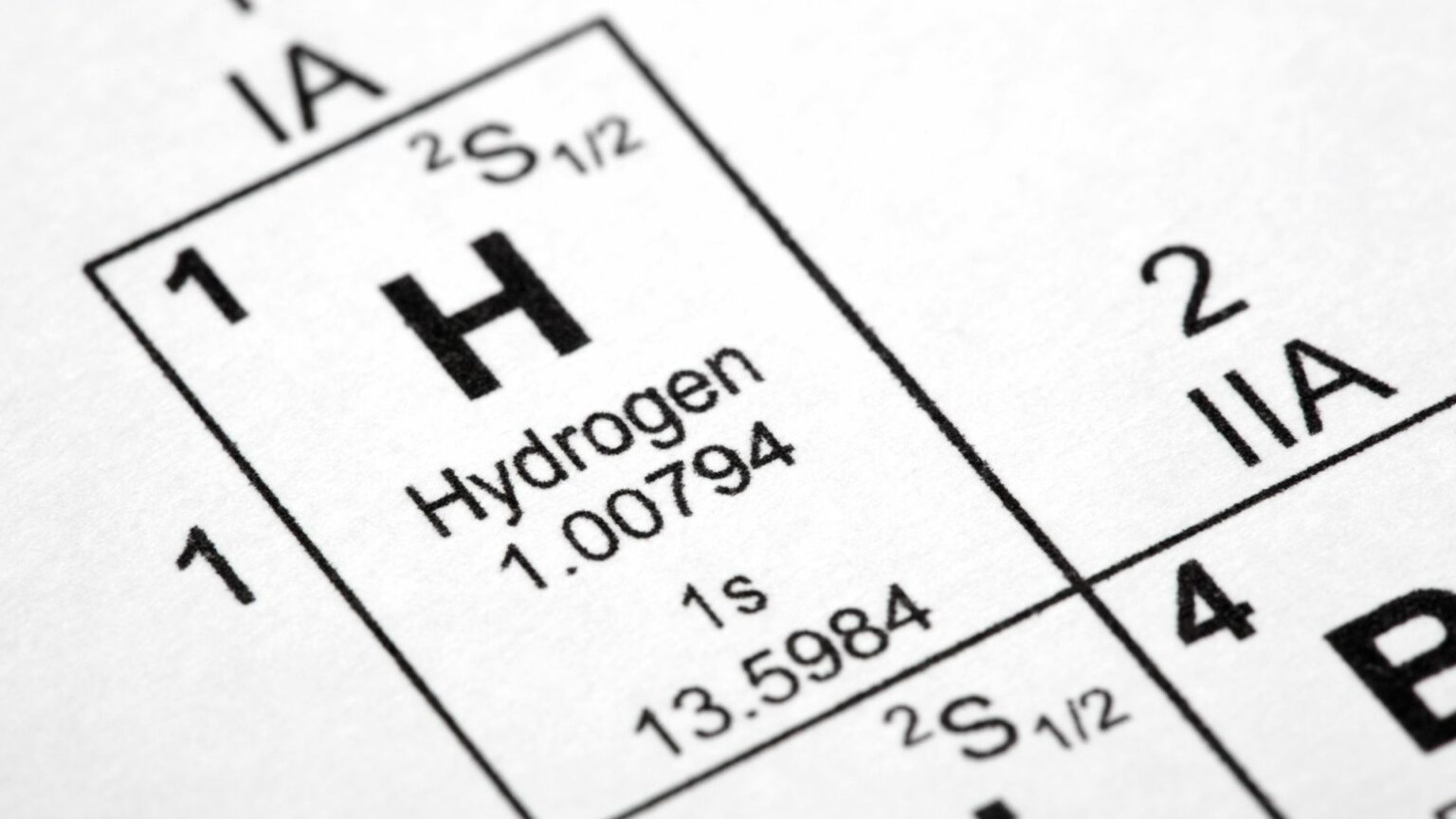The Appalachian Regional Clean Hydrogen Hub (ARCH2) has become a focal point of controversy as community and environmental groups call for increased transparency and community engagement.
Awarded up to $925 million by the Department of Energy (DOE) to produce “low-carbon” hydrogen, the project aims to generate hydrogen from natural gas.
Tom Torres, hydrogen campaign coordinator for the Ohio River Valley Institute, has voiced concerns about the opacity surrounding ARCH2. The institute, along with 54 other groups, has penned a letter to the DOE, urging the agency to disclose more information about the project. According to Torres, the public has been provided with scant details, including vague maps and minimal project descriptions. This lack of transparency has fueled skepticism and anxiety among affected communities.
Jill Hunkler, executive director of Ohio Valley Allies, emphasizes the necessity for community inclusion in the project’s planning and execution phases. Hunkler argues that impacted communities deserve to be well-informed and involved in negotiations, a sentiment echoed by many in the region. The letter from the Ohio River Valley Institute and other groups highlights a perceived failure by the DOE to foster “deep, deep partnership” with the community, as little substantive public input has been solicited.
ARCH2’s goal is to produce low-carbon hydrogen, a key component of the broader hydrogen economy that emits no carbon dioxide when used as fuel. However, producing hydrogen from natural gas—a method known as steam methane reforming—results in significant carbon dioxide emissions. The project’s developers propose using carbon capture technology to mitigate these emissions, a solution that remains contentious and technically challenging.
Despite the environmental and transparency concerns, ARCH2 promises significant economic benefits, including the creation of 21,000 jobs. This potential economic boon is a crucial aspect of the project, particularly for a region in need of economic revitalization. However, the promise of jobs must be weighed against the environmental impact and the importance of community trust and involvement.
In the context of global hydrogen initiatives, ARCH2’s transparency issues stand out. International efforts, such as the EU-Japan collaboration on hydrogen standards, emphasize the importance of clear and open communication. By contrast, the limited information provided about ARCH2 hampers its credibility and raises questions about its alignment with best practices in the hydrogen sector.
For ARCH2 to gain public trust and achieve its ambitious goals, it must address these transparency and community engagement issues. Clear communication about project specifics, including site locations and developer track records, is essential. Moreover, incorporating community feedback into the planning and execution phases can help ensure that the project not only meets its technical and economic objectives but also gains the support of the communities it aims to serve.
